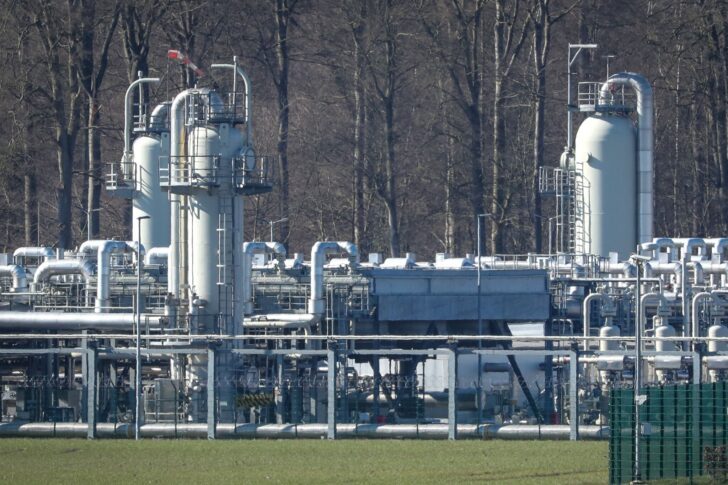Since the start of the Ukrainian conflict, the EU has paid more than $37 billion for Russian energy imports, with Germany accounting for a large portion of it. While pressure is building on the country to stop funding Putin’s war activities with energy purchases, leaders there argue that the economic cost is simply too high.
That cost: The country’s central bank predicted yesterday that a Russian gas embargo would send the economy into a tailspin. Instead of rising by 3% this year, Germany’s economy will contract by 2%, resulting in one of the country’s worst recessions since the financial crisis.
How did we end up here?
Prior to the invasion, Russia supplied 55 percent of Germany’s imported gas, a trading connection that dated back to 1970. But, as other power sources, such as nuclear and coal, have been phased out, Germany has become even more reliant on Russian gas. It hasn’t built up enough alternatives to replace them. As a result, cutting off Russian gas would compel some of Germany’s industrial operations to shut down, resulting in the unemployment of an estimated 400,000 people.
The CEO of porcelain producer Rosenthal, Mads Ryder, told the Financial Times, “We can’t live without gas.” “We don’t have any other sources of energy.”
If a gas embargo is imposed, German firms will suffer their “biggest crisis since WWII,” according to Martin Brudermüller, CEO of chemicals major BASF.
Despite this, Ukrainian authorities continue to play the world’s tiniest violin, claiming that Germany has a moral obligation to halt Russian energy exports. Ukraine declared he wasn’t welcome when the German president announced a visit to Kyiv last week.
Big picture: With an immediate gas embargo ruled out, Europe is scrambling to find new ways to minimise its reliance on Russian energy. The EU presented a proposal called “Playing My Part” this week, in which Europeans are encouraged to take public transportation instead of driving and to work from home three days a week.

